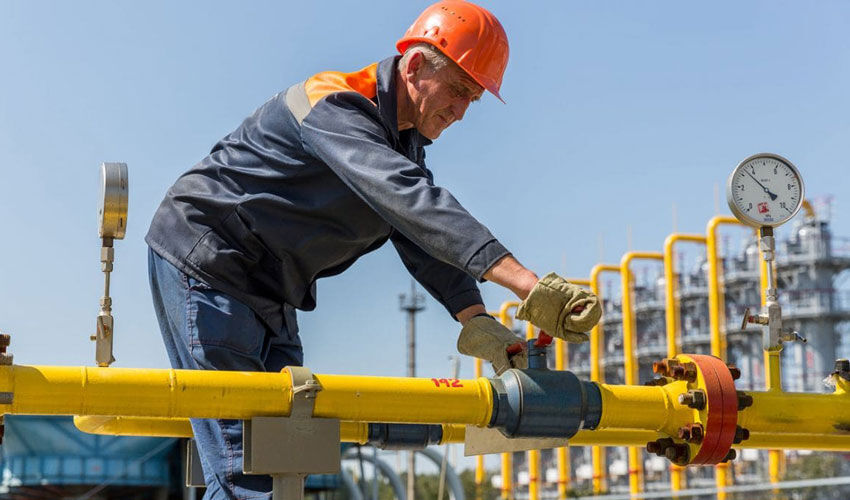
In July, up to 5 million cubic meters per day were exported through the Isaccea interconnection point between Romania, Moldova and Ukraine; in August, the average daily export volume dropped to 4.5 million m3. Since September, deliveries have completely stopped.
At the same time, the gas transiting Isacciu is not Romanian, it only transited through Romania and was not necessarily intended to meet Ukrainian demand.
Chisinau authorities ordered Energocom and other suppliers to purchase and place by November 1 a volume of gas equivalent to 15% of annual consumption, which is more than 1.5 TWh (or 145 million cubic meters), to ensure supplies to consumers in the coming cold season.
The suspension of transit to Ukraine is all the more surprising given that the Ukrainian Energy Regulatory Authority has approved a gas import mechanism that avoids high transit fees for gas deliveries through the Trans-Balkan pipeline from Greece to Ukraine.
According to Reuters, Ukraine has now secured gas reserves capable of meeting 80-90% of its winter demand, but it needs up to $1 billion in additional funds to survive the fourth heating season since the war with Russia began.
According to Yuriy Boyko, a member of the supervisory board of state-owned energy system operator Ukrenergo, Ukraine has about 11 billion cubic meters of gas in storage, more than 80% of the government’s target of 13.2 billion cubic meters. In the unlikely event of Russian attacks on production or storage facilities, the need for imports could increase further.
“If the gas infrastructure is damaged, we will have to find expensive resources to compensate for the shortfall,” Boyko said.
It is possible that Ukraine will continue to import the gas it needs from Hungary, which is its main supplier of blue fuel. Poland wants to double the capacity of its gas pipeline to Ukraine to 4 billion cubic meters a year by early 2026. Ukraine also plans to import liquefied natural gas (LNG) from the US via Germany, Greece, Lithuania and Poland. Especially since the tariffs of Romanian transporter Transgaz have risen sharply.













